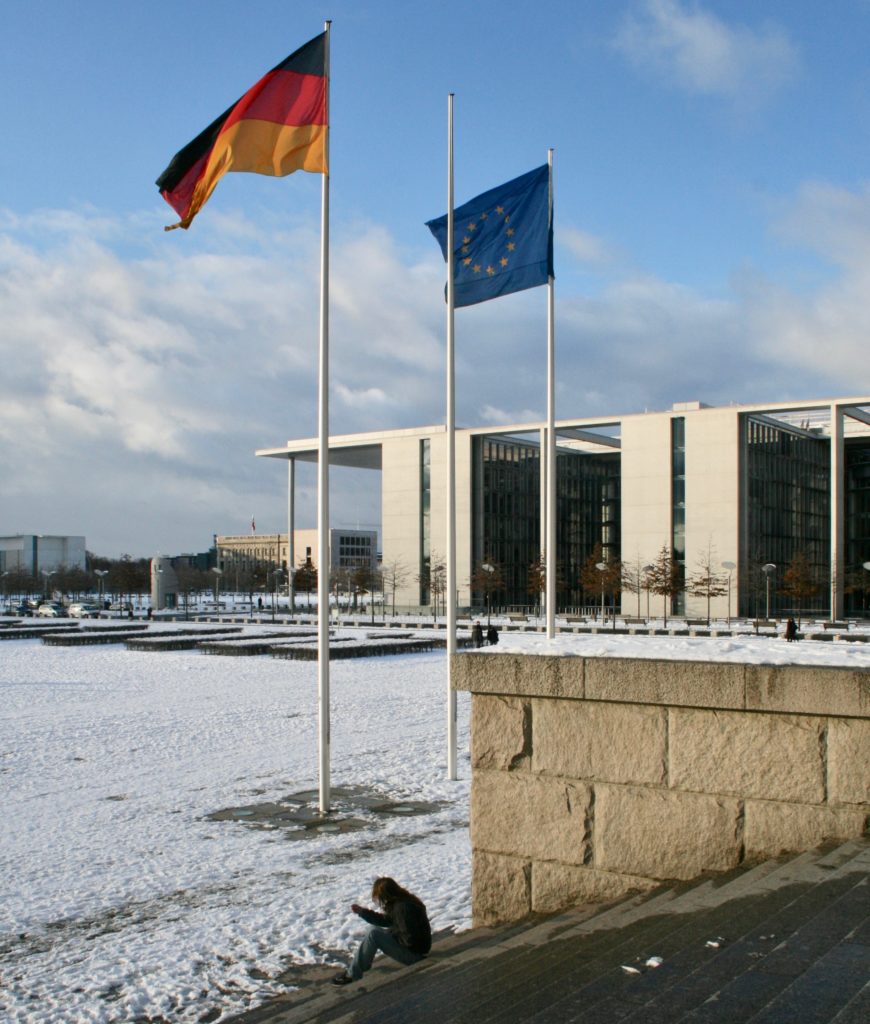
The Iran nuclear negotiations look to be over, for now. Europe has joined the United States in saying that a revived Iran nuclear deal with world powers “will not be signed in the near future” according to Israeli Prime Minister Yair Lapid, after Europe on Saturday slammed Iran’s response to the latest offer. The United Kingdom, Germany and France—known as the “E3”—issued a joint statement saying their latest nuclear deal offer “took us to the limit of our flexibility.”
“Unfortunately, Iran has chosen not to seize this critical diplomatic opportunity,” said the E3 statement published by Germany’s Federal Foreign Office. “Instead, Iran continues to escalate its nuclear program way beyond any plausible civilian justification.”
The strong words come after more than 18 months of talks aiming to resuscitate the nuclear accord, known as the Joint Comprehensive Plan of Action (JCPOA). The Americans withdrew from the deal in 2018 over concerns with its adequacy, and Iran has responded by not only ending some of the agreed-upon restrictions on their nuclear program, but by expanding their nuclear activities even farther than they had been before the JCPOA was signed. The sides seemed to be on the cusp of renewing the deal in recent weeks, but the latest Iranian demands have effectively collapsed the talks.
In response, the E3 said on Saturday, “Given Iran’s failure to conclude the deal on the table we will consult, alongside international partners, on how best to address Iran’s continued nuclear escalation and lack of cooperation” with the United Nations nuclear watchdog, the International Atomic Energy Agency (IAEA).
Europe’s disappointment comes after The Times of Israel’s Hebrew publication, Zman Yisrael, reported last week the US told Israel that for the foreseeable future, there will not be a renewed deal with Iran. Publicly, the US was less definitive but still negative, with Secretary of State Antony Blinken telling reporters on Friday the latest Iranian counteroffer “takes us backwards.” In comments published by the State Department, Blinken said, “We are not about to agree to a deal that doesn’t meet our bottom line requirements and/or that tries to continuously introduce extraneous demands that are not relevant to the JCPOA itself. If we conclude a deal, it’s only because it will advance our national security.”
After these public and private comments from the US and Europe, Lapid on Sunday claimed initial success after intensive diplomacy by Israel to prevent what the Israeli leader has called a “dangerous” deal with Iran.
“Following the Americans, yesterday the E3 countries announced that a nuclear agreement with Iran will not be signed in the near future, that the IAEA’s open files regarding Iran are not about to be closed,” said Lapid in comments published by Israel.
“I thank France, the United Kingdom, and Germany for their strong position on this matter. In recent months, we held a discreet and intensive dialogue with them, and presented them with up-to-date intelligence information about Iranian activity at nuclear sites.”
Iran’s nuclear activity played a role in stiffening Europe’s resolve in the talks. In the E3 statement, they noted that IAEA Board of Governors in June called upon Iran to answer the IAEA’s questions on the nuclear program, but three months later Iran “has taken no steps at all,” which the IAEA Director General’s latest report confirmed.
“Our position remains clear and steadfast. Iran must fully and, without delay, cooperate in good faith with the IAEA,” said the E3 statement. “It is up to Iran to provide technically credible answers to the IAEA’s questions on the whereabouts of all nuclear material on its territory.”
A key roadblock in the nuclear negotiations is Iran’s demand to conclude IAEA investigative efforts as part of a new deal. The European powers made it clear they would not compromise on Iran’s commitments under the Nuclear Non-Proliferation Treaty (NPT) and with the IAEA, echoing comments from White House Press Secretary Karine Jean-Pierre the week before.
Said the E3 statement, “This latest demand raises serious doubts as to Iran’s intentions and commitment to a successful outcome on the JCPOA. Iran’s position contradicts its legally binding obligations and jeopardizes prospects of restoring the JCPOA.”
Despite the stern words from Europe and the US, the Iran nuclear discussions aren’t necessarily over yet—and neither is Israel’s efforts to address the Iran threat. Lapid, in his comments on Sunday, said a goal of his visit to Germany this week is “coordinating positions on the nuclear issue.”
Said Lapid, “Israel is conducting a successful diplomatic campaign to stop the nuclear agreement and prevent the lifting of sanctions on Iran. It is not over yet. There is still a long way to go, but there are encouraging signs.”
(By Joshua Spurlock, www.themideastupdate.com, September 11, 2022)
